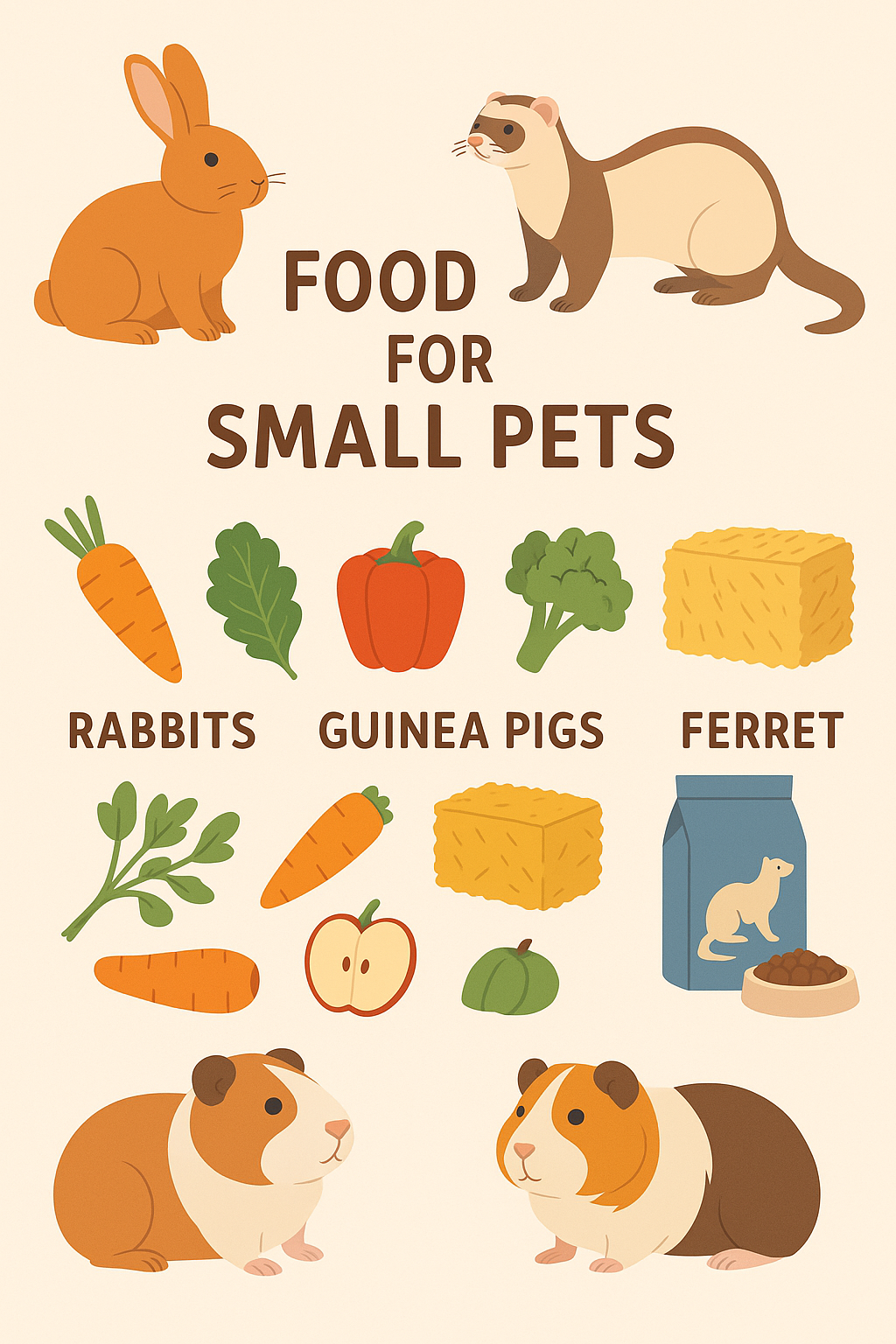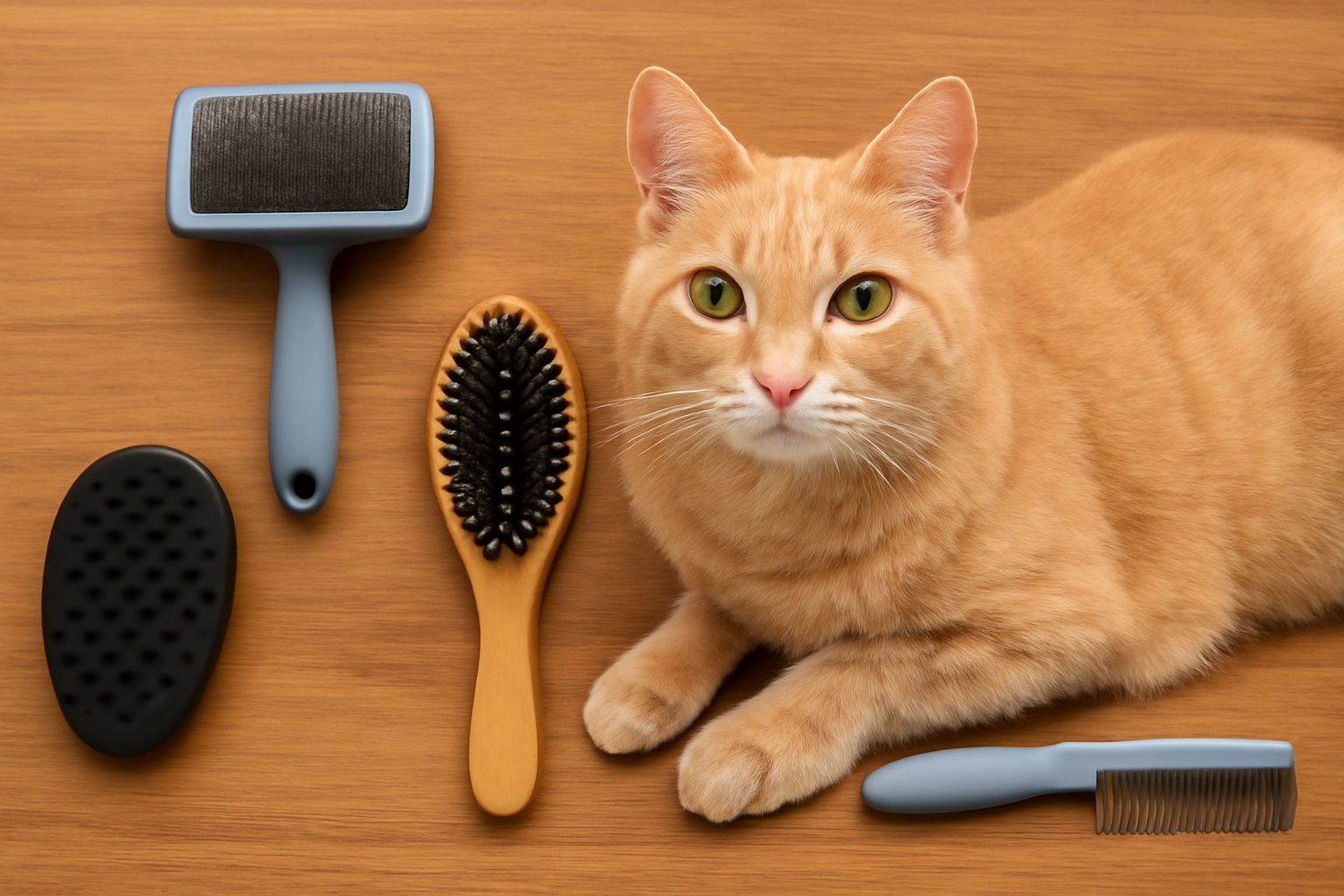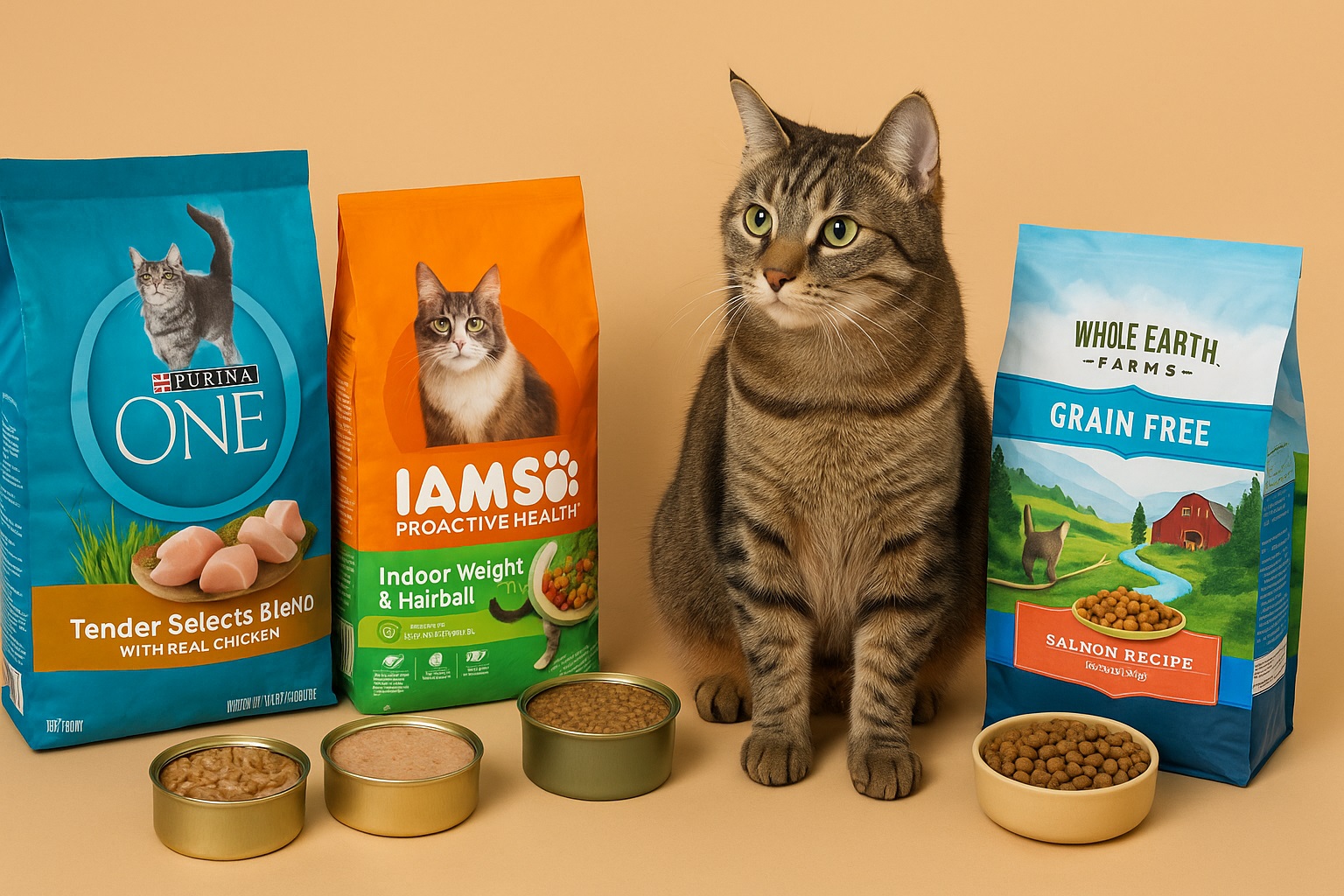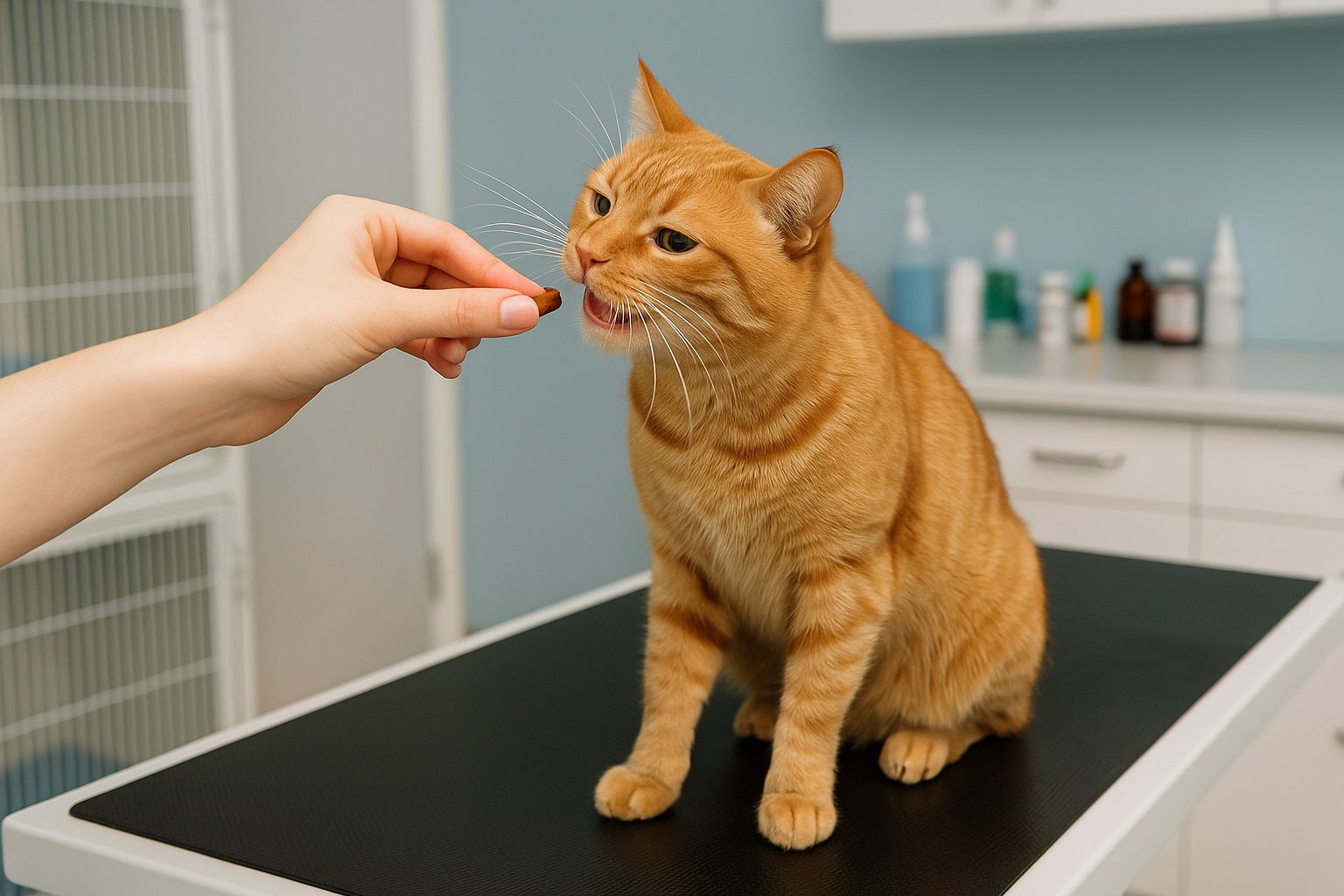As a small pet owner, one of the most important responsibilities is ensuring that your furry (or scaly) friends receive the proper nutrition. While small pets, such as hamsters, rabbits, and guinea pigs, are incredibly low-maintenance compared to larger pets, their dietary needs are just as crucial. A proper diet contributes to their overall health, well-being, and longevity.
However, choosing the right food for small pets can be tricky. Many pet owners make common dietary mistakes that can harm their pets’ health. From overfeeding to selecting the wrong type of food, the nutrition of small pets requires careful attention and knowledge. This guide will help you avoid these mistakes and provide valuable insights into the best practices for feeding your small pet.
1. Understanding the Unique Nutritional Needs of Small Pets
Before diving into the food for small pets, it’s essential to understand that different small animals have unique nutritional needs. For example, the diet requirements of a hamster are very different from those of a rabbit or guinea pig. Understanding the specific needs of your pet will help you choose the best small pet food to keep them healthy.
A. Hamsters and Gerbils
Hamsters and gerbils are omnivores, meaning they require a balanced diet that includes both plant-based and animal-based ingredients. Their diet should consist of grains, seeds, fruits, vegetables, and protein sources, such as mealworms. They also need occasional treats to satisfy their instinct to gnaw.
B. Guinea Pigs
Guinea pigs are herbivores and require a diet rich in fiber. Hay should form the foundation of their diet, with a variety of fresh vegetables, fruits, and specially formulated pellets. Unlike some other small pets, guinea pigs do not produce Vitamin C on their own, so their food should be supplemented with this essential vitamin.
C. Rabbits
Rabbits are also herbivores and need a diet based on high-quality hay, leafy greens, and fresh vegetables. Their digestive systems are specially designed to process fiber, which is essential for their health. A balanced diet can help prevent common health issues, including obesity, gastrointestinal issues, and dental problems.
2. Common Diet Mistakes Pet Owners Make with Small Pets
Even experienced pet owners sometimes make mistakes when feeding their small pets. Let’s take a look at the most common errors and how to avoid them:
A. Overfeeding or Underfeeding
Overfeeding is one of the most common dietary mistakes made by small pet owners. It’s easy to assume that if you give your pet more food, they will be happier and healthier. However, overfeeding can lead to obesity, diabetes, and other health issues. On the other hand, underfeeding can cause malnutrition and a weakened immune system. It’s essential to understand the optimal portion sizes and feeding frequency for your pet.
Tips for Avoiding Overfeeding and Underfeeding:
- Follow the feeding instructions on your pet’s food packaging.
- Measure out portions rather than free-feeding.
- Adjust portions based on your pet’s size, activity level, and age.
B. Feeding the Wrong Type of Food
Not all small pet food is created equal. Many pet owners unknowingly feed their pets inappropriate food, such as sugary treats for rabbits or fatty foods for guinea pigs. Feeding the wrong type of food can lead to malnutrition, digestive problems, and other health issues.
Tips for Choosing the Right Small Pet Food:
- Select species-specific food to meet your pet’s nutritional needs.
- Avoid foods with artificial additives or preservatives.
- Ensure the food contains the right balance of fiber, vitamins, and protein for your pet.
C. Lack of Variety in Diet
Small pets, particularly herbivores, thrive on a varied diet. If you feed your pet the same food every day, they may miss out on essential nutrients. A balanced diet for small pets should include a combination of hay, fresh vegetables, fruits, and high-quality pellets.
Tips for Adding Variety to Your Pet’s Diet:
- Rotate different types of vegetables and fruits.
- Offer a mix of hay varieties to stimulate their appetite.
- Introduce occasional treats, such as small portions of nuts or seeds.
D. Inadequate Access to Fresh Water
Many small pets rely on fresh water to maintain proper hydration and digestion. Some pets, like rabbits and guinea pigs, drink a lot of water, while others may drink less frequently but still need hydration. Failure to provide fresh water or using a dirty water bottle can lead to dehydration, resulting in serious health complications.
Tips for Ensuring Proper Hydration:
- Provide a clean water bottle or dish that is changed daily.
- Check the water levels regularly and clean the bottle or bowl frequently.

3. Best Foods for Small Pets: What to Look for in Small Pet Food
When selecting the best food for small pets, it’s important to consider their nutritional needs, the quality of ingredients, and their specific dietary requirements. Let’s break down some of the best types of small pet food available:
A. Hay-Based Diet for Herbivores
For rabbits, guinea pigs, and other herbivores, hay is the foundation of their diet. It provides fiber for healthy digestion and helps wear down their teeth, preventing dental issues. The best types of hay for small pets include timothy hay, meadow hay, and orchard grass hay.
Recommended Hay Brands:
- Kaytee
- Small Pet Select
B. Pellets for Balanced Nutrition
Pellets are specially formulated to provide small pets with balanced nutrition. Look for high-quality pellets that are rich in fiber and free of fillers like seeds, corn, or artificial colors. Pellets should be high in vitamin C for guinea pigs and low in fat for hamsters and gerbils.
Recommended Pellet Brands:
- Kaytee Forti-Diet Pro Health
- Vitakraft VitaSmart for Small Pets
- Science Selective
C. Fresh Vegetables and Fruits
Fresh vegetables and fruits are vital for providing essential vitamins and minerals. Offer a variety of leafy greens, such as kale, spinach, and dandelion greens, as well as other vegetables like carrots, cucumbers, and bell peppers. Fruits should be offered in moderation due to their high sugar content.
Recommended Fresh Foods for Small Pets:
- Carrots, celery, and cucumbers
- Leafy greens like spinach, kale, and parsley
- Apples, strawberries, and blueberries (offered in moderation)
D. Treats for Small Pets
Small pets love treats, but they should only be given occasionally to avoid overfeeding. Healthy treats, such as small amounts of dried fruit, Timothy hay biscuits, or veggie chews, are excellent options. Avoid sugary or fatty treats that can lead to health issues.
Recommended Treat Brands:
4. The Importance of Regular Vet Check-Ups for Diet Adjustments
Even with the best diet, small pets may occasionally experience health issues that require a change in their food. Regular vet check-ups are essential for monitoring their health, identifying potential problems, and adjusting their diet accordingly.
Signs that Your Pet May Need a Diet Change:
- Weight loss or weight gain
- Lethargy or unusual behavior
- Diarrhea or constipation
- Skin or coat issues
Your vet can help guide you in choosing the right food for your pet’s changing needs. Regular health check-ups also provide an opportunity to discuss any dietary concerns and address them proactively.
5. Trends in Small Pet Nutrition and Pet Supplies
The pet industry is continuously evolving, and small pet nutrition is no exception. Recent trends in small pet food include a growing emphasis on natural, organic ingredients and environmentally friendly packaging. More pet food companies are offering foods that are free from artificial preservatives, colors, and fillers. Additionally, there is an increasing demand for specialized diets designed for pets with specific health needs, such as those requiring weight management or sensitive stomachs.
A. Natural and Organic Pet Food
As pet owners become more health-conscious, many are turning to natural and organic options for their small pets. These foods are made with high-quality, human-grade ingredients and are free from harmful chemicals and preservatives. Organic small pet food is often a more sustainable choice and provides pets with a healthier diet.
B. Eco-Friendly Pet Supplies
With an increased focus on sustainability, many pet brands are now offering eco-friendly packaging and ingredients. Recyclable packaging, biodegradable food trays, and products made from renewable resources are gaining popularity in the small pet food market.
6. Frequently Asked Questions (FAQs)
1. What is the Food for Small Pets?
Guinea pigs require a diet rich in hay, fresh vegetables, and vitamin C. Oxbow Essentials and Kaytee Timothy Hay are excellent pellet options. Supplement with fresh greens and fruits.
2. Can I feed my hamster fruits and vegetables?
Yes, but only in moderation. Hamsters can eat fresh vegetables like carrots and spinach and small portions of fruits like apple slices. Avoid sugary or citrus fruits.
3. How often should I feed my small pet?
Small pets should be fed at least once a day, but the frequency varies depending on the species. Guinea pigs and rabbits can be fed fresh veggies daily, while hamsters may need a mixture of pellets and treats.
4. Are there any foods that are harmful to small pets?
Yes, avoid feeding your small pet chocolate, caffeine, sugary treats, and foods high in fat. Also, avoid iceberg lettuce, as it can cause digestive issues.
5. Can I feed my small pet only pellets?
No, small pets need variety in their diet. While pellets provide essential nutrients, a balanced diet also includes fresh vegetables, fruits, and hay.
Conclusion
Feeding your small pet the right food is essential for their health and happiness. By understanding their specific dietary needs, avoiding common mistakes, and choosing high-quality food for small pets, you can ensure that your pets live a long and healthy life. Always remember to provide a variety of fresh foods, measure portions to avoid overfeeding, and consult your vet for guidance on the best diet for your pet.
Proper nutrition is key to preventing health issues, promoting longevity, and ensuring that your small pet has a happy and fulfilling life. Choose wisely, and your pet will thank you with years of companionship and joy.















Leave a comment